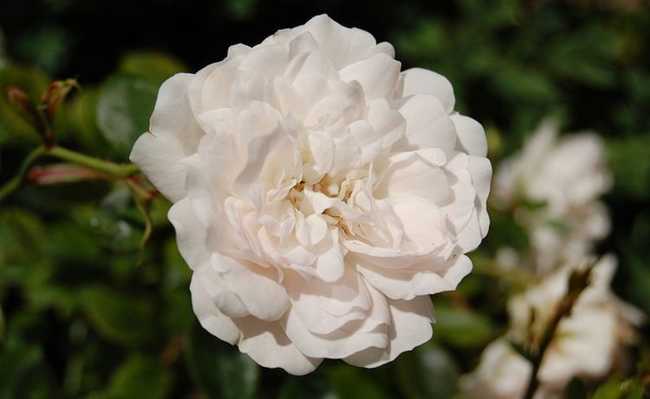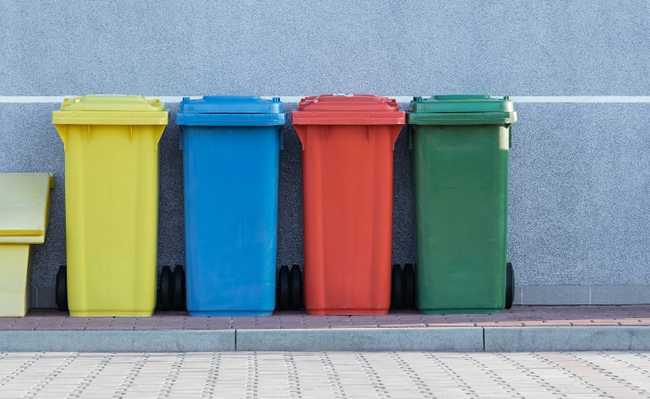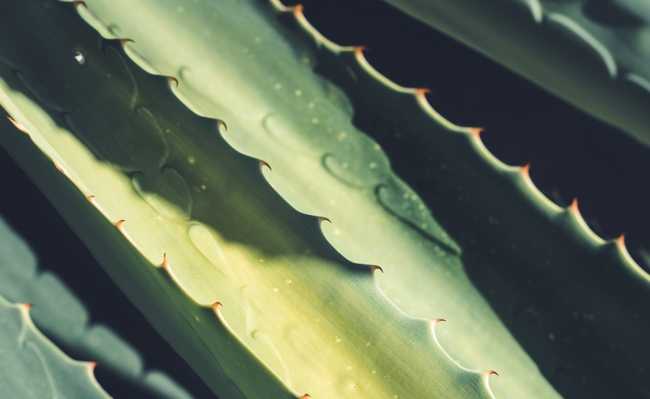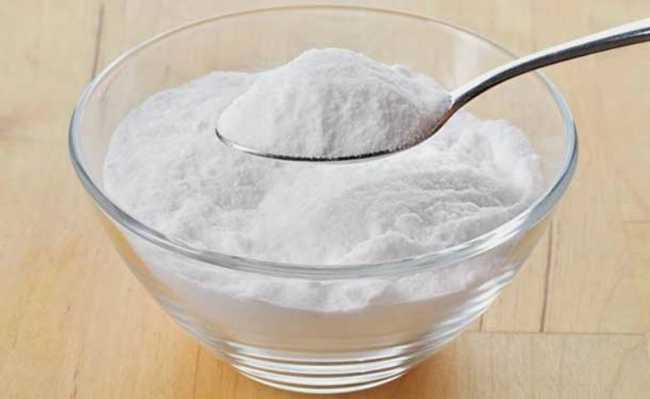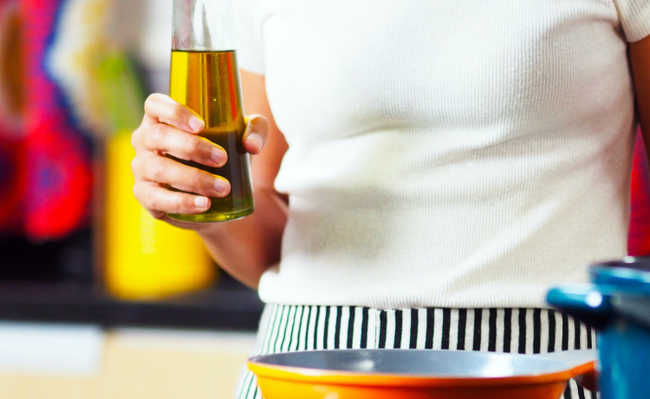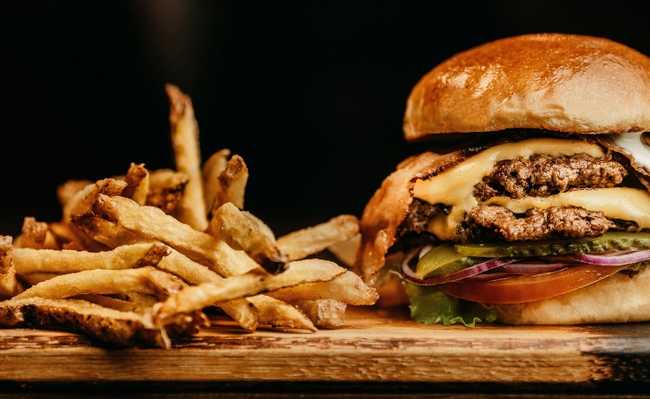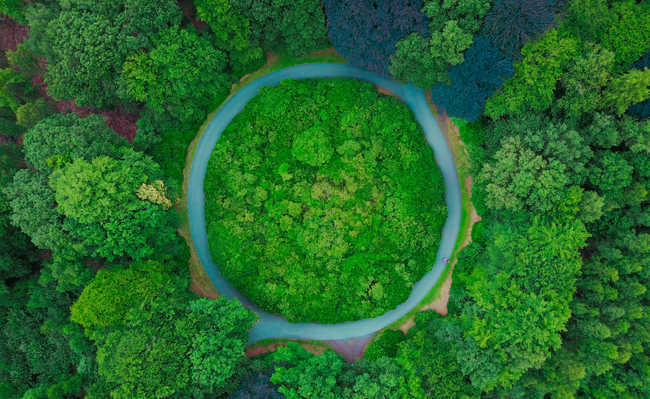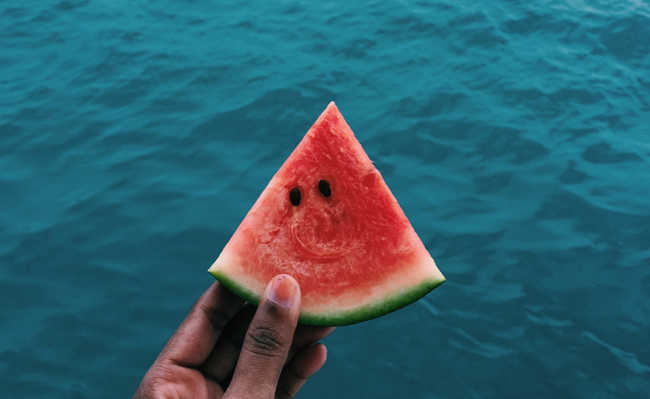Find out how to be more sustainable when buying soap
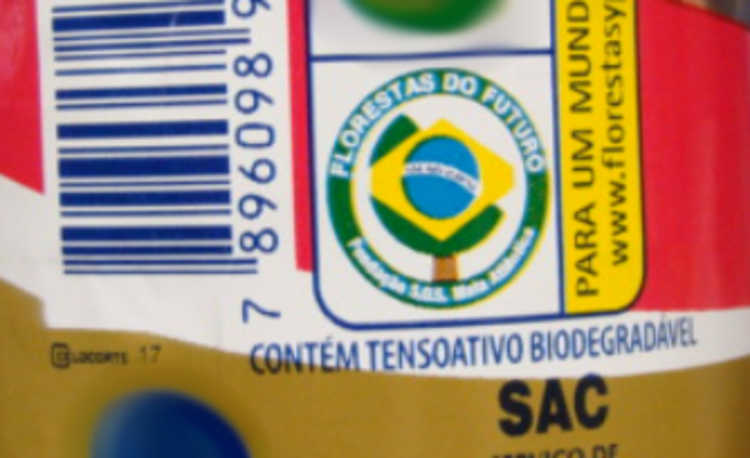
Detergent, laundry detergent, stone soap. Stop having doubts and find out what to look for or avoid in cleaning products
When it comes to cleaning products, there's not much new. The soaps we use every day for cleaning are always the same. Powder soap, bar soap, coconut or glycerin, and dishwashing detergents. No secret, we can make wiser choices when it comes to shopping and avoid some dangers to the environment. There is no way to guarantee that we are using cleaning products without any harm to nature, but there are simple ways to make the best choices.eCycle now shows you how to make the best choice when purchasing your detergent, laundry detergent or stone soap
Detergents
All detergents sold in Brazil must, by law, contain biodegradable surfactants since 1982, in accordance with the requirements of the National Health Surveillance Agency (ANVISA). By definition, a surfactant is a synthetic substance used in the manufacture of cleaning and cosmetic products and that causes the junction of substances that, in their natural state, would not be mixed, such as water and oil. When we're going to choose which detergent to take home, this is an aspect we shouldn't worry about anymore. However, if we intend to consume in the best possible way, it is good to remember that detergents that contain animal fat or vegetable oil are better than those that use petrochemical substances. First, because they use renewable raw materials instead of oil. Second, because they use a little less chemistry in their composition.
Washing powder
This cleaning product is complicated. It is essential for consumption, and for it to be good, it must be very white. But that is exactly why washing powder is the most polluting product. In addition to having overly complicated subtitles and not being required by law to be biodegradable, this type of soap still carries chlorine-based bleaches. For the soap to be biodegradable, it must display the term “linear” on the label, in the midst of several complicated names, in addition to having the indication “biodegradable surfactant”. ÂÂ Therefore, in this case, the best choice is the product that has a straight chain, does not use phosphate or many bleaching agents.
(Anti-Redepositing Agents, Linear, Contains biodegradable surfactant)
Stone soap
In the case of stone soap, the interesting thing is to observe the surfactant and the raw materials. We must always give preference to products that use renewable components. We have already commented on why these precautions are taken and we always have to think that the more handcrafted the product, the potentially less harmful to the environment. So, nothing like making your own soap. So, in addition to using the old used oil from home, we are still able to use a product that we are sure of what it is made of. The most important thing is to keep the pH neutral (7), so that there is no change in the pH of the water that receives its waste. See "How to Make Sustainable Homemade Soap". Stay tuned and happy shopping!


